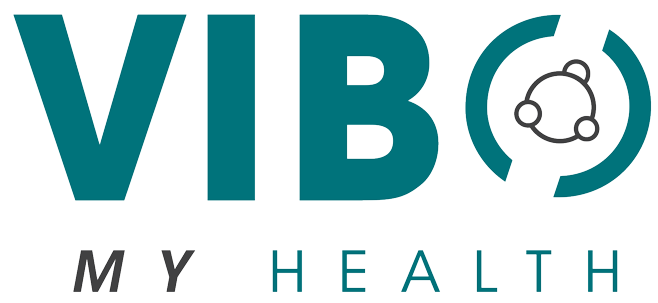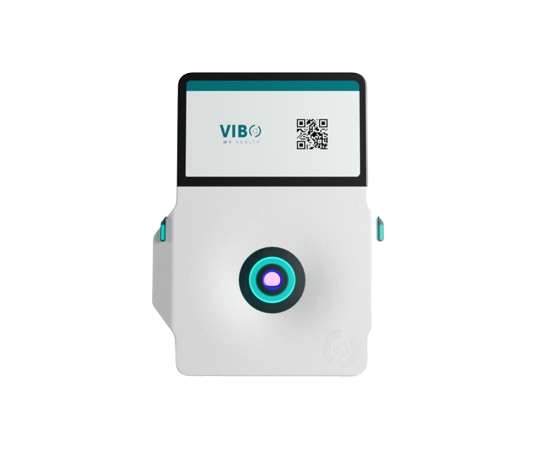We will offer many of the benefits of traditional laboratory tests without the pain of a blood draw and the waiting times associated with wet laboratory tests.

Our tests can be used several times per week to offer a timeline (longitudinal) and predict healthcare status changes on an individual, and population bases. The tests provide data for the individual user to maintain and control a health status.

GPs, clinicians, and health workers can be provided diagnostic indicators of disease. The privacy of the customers is secured throughout, and all services are opt-in.
The customer benefits through cost savings for tests and the comfort of knowing “how they are doing” and what to expect at the next doctor visit. Clinicians benefit from longitudinal, dynamic and comparable data for each customer that is currently difficult or not practical to obtain.

The healthcare system and the entire society benefits from better informed public health efforts, cost savings, more actionable data, and improved outcomes.



.png)





.png)




















